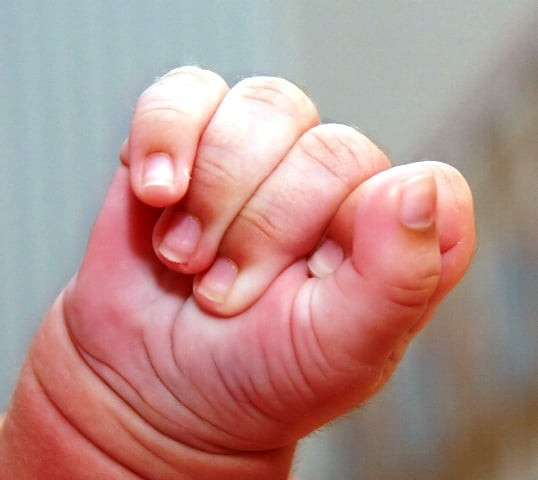Post natal complications: Low birth-weight factors identified in rural socially study
Traditional health care, access to support facilities prominent on list.

Post natal complications: Low birth-weight factors identified in rural socially study
The mother’s access to social, economic and health facilities determines among other factors the weight of the newborn and the chances of survival. Some rural sociology researchers at the University of Agriculture, Faisalabad (UAF) have found out in their study: Factors Affecting Low Birth Weight.
The study was conducted by Assistant Prof Zahra Batool, Prof Tanveer Ali and Dr Muhammad Shahid Farooq. It was supervised by Prof Muhammad Iqbal Zafar, the dean. The study, released on Monday in a seminar, concluded that the traditional health care was a major factor in low birth weight.
The researchers, while speaking at the occasion, said that low birth weight was one of the most serious challenges for child health.
Dr Farooq said there were numerous factors causing its high incidence and mentioned young age at marriage, closely spaced pregnancies, poor nutritional levels and deliveries under the supervision of traditional birth attendants. The quality of relationship between parents was another important factor, he said.
The speakers explained that the study revealed that the birth of an infant was the most important factor that predicted its chances of survival, proper growth and development.
“There are two main groups of low birth weight babies,” Dr Farooq said, adding, “Those born prematurely and those with growth retardation.”
Quoting from a 2000 WHO research, Farooq said explained that 25 million low birth weight babies were born around the world every year. Nearly 95 per cent of these babies were born in developing countries. This incidence of low weight births was 32 per cent in South Asia, 9 per cent in eastern Asia, 16 per cent in Africa and 10 to 12 per cent in Latin America and Caribbean.
The study also states that a low birth weight premature baby is at high risk of developing breathing problems. Bleeding in the brain occurs in 10 to 50 per cent cases, usually in the first four day of life, Prof Zafar said.
He said many premature and low birth weight babies lacked fat needed to maintain the body temperature.
The researchers suggested that pregnancies should be avoided before the age of 18 years and after 35 years of age.
Published in The Express Tribune, February 28th, 2012.



















COMMENTS
Comments are moderated and generally will be posted if they are on-topic and not abusive.
For more information, please see our Comments FAQ